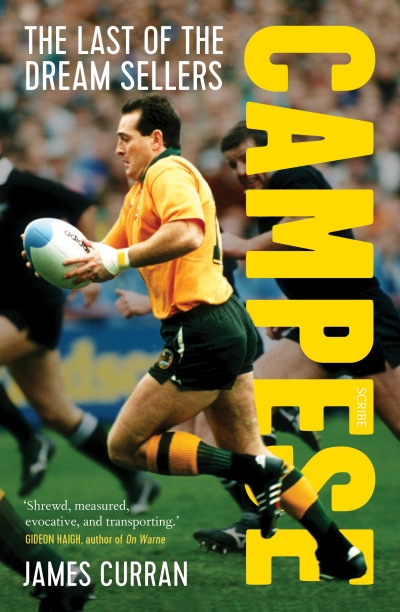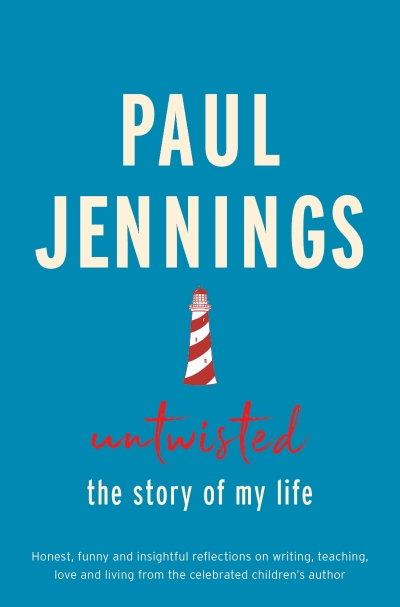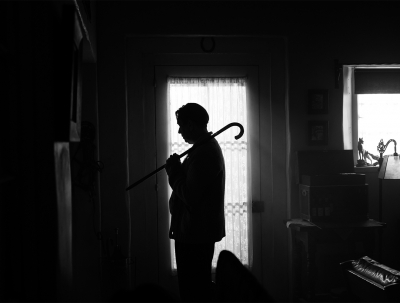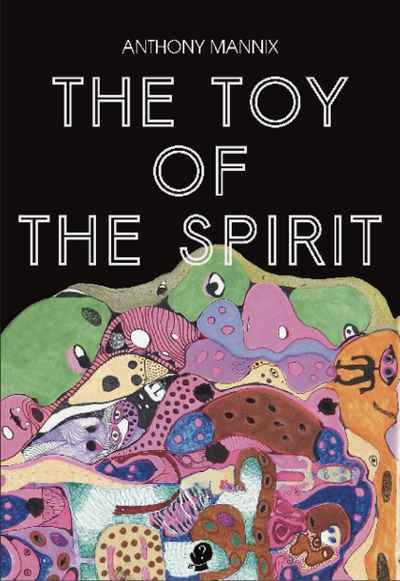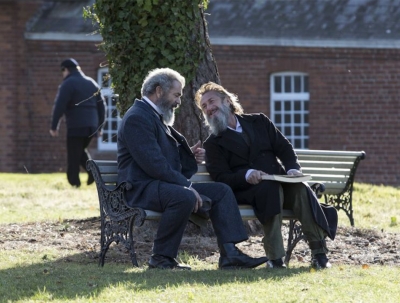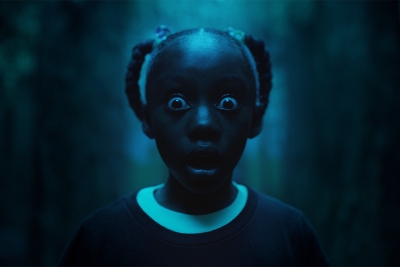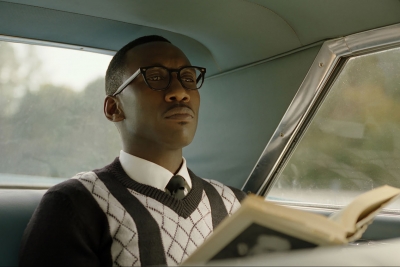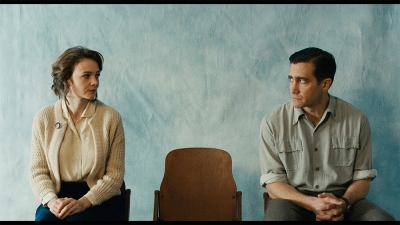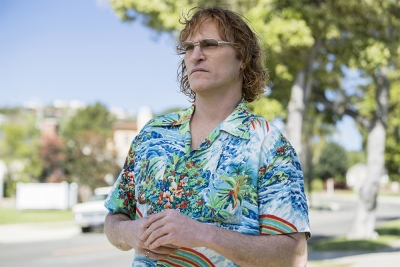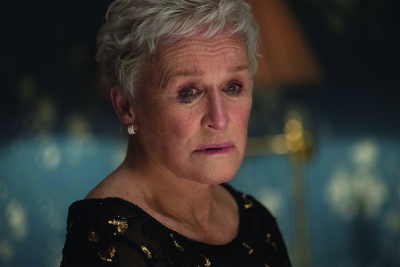Barnaby Smith
Barnaby Smith is a critic, poet and musician currently living on Gundungurra and Darug land. His writing on art, literature, film and music appears regularly in Art Guide Australia, The Sydney Morning Herald, The Quietus, Metro, Australian Book Review and others. He records music as Brigadoon and released the album Itch Factor in 2020: www.brigadoon.bandcamp.com
Paul Jennings’s literary career can be traced back to three whispered words from the author Carmel Bird, who taught him writing at an evening class in Melbourne in 1983. ‘You are good,’ she told him. Jennings was an unpublished forty-year-old at the time, yet within two years Penguin had launched his first short story collection, Unreal!
Jennings recalls this moment with Bird in the opening ... (read more)
Despite nearly eighty years having passed since its release, Orson Welles’s Citizen Kane (1941) is never far from the centre of cultural discourse. Aside from the fact that it tops ‘greatest movie’ lists with monotonous regularity, Citizen Kane often comes into view in somewhat quirky ways as it relates to today’s world. For example, there was Donald Trump’s much-publicised and much-deri ... (read more)
Any definition of what constitutes ‘outsider art’, or art brut, is elusive. The boundaries of this ‘category’ are notoriously porous. There is no manifesto, no consistent medium, nor is it especially tied to any single period in time. However, it can be argued that outsider art is often regarded as art created by those on the margins of society, such as people in psychiatric hospitals, in ... (read more)
When the British author Simon Winchester published the book The Surgeon of Crowthorne in 1998, the idea was, according to his editor, to ‘make lexicography cool’. The non-fiction work told the bizarre and oddly uplifting Victorian-era tale of the autodidactic linguist and scholar Sir James Murray and his relationship with William Chester Minor, a retired American army surgeon incarcerated at B ... (read more)
Popular culture is still resonating with the impact of Jordan Peele’s 2017 film Get Out, one of the most extraordinary and confident directorial débuts of recent times. Get Out cut a swath through complacency and assumptions regarding race relations. The idea of wealthy, ageing white people transplanting their brains into the bodies of young black men to prolong their lives was, to put it mildl ... (read more)
The Negro Motorist Green-Book by Victor Hugo Green, 1940 facsimile edition, paperbackTo browse through an edition of The Negro Motorist Green-Book in 2019 (as can be done through digital library archives) is a disquieting experience. These books, written by Victor Hugo Green in 1936 and published for thirty years, offered advice to African Americans travelling in the segregated American South. The ... (read more)
Paul Dano, one of the most soulful and intense actors of his generation, has appeared in a number of films over the last decade in which rupture and dysfunction serve to undermine a family unit. In Little Miss Sunshine (2006) he famously played the voluntarily mute Dwayne, while the elegant and underrated For Ellen (2012) is another meditation on family that sees Dano’s character struggle betwee ... (read more)
As a resident of Portland, Oregon in the 1980s and 1990s, director Gus Van Sant became used to the sight of the iconic and iconoclastic cartoonist John Callahan buzzing around the city in his wheelchair. ‘He was a visible person on the street,’ Van Sant said recently on Marc Maron’s podcast, ‘because of his wheelchair and his bright red hair.’
Eight years after Callahan’s death, Van S ... (read more)
Björn Runge’s The Wife features several claustrophobic and tense scenes that take place in the back of a limousine driving Joan Castleman (Glenn Close) and her novelist husband Joe (Jonathan Pryce) through the snowy streets of Stockholm, where Joe is accepting the Nobel Prize in Literature. In one, Joan says to him, ‘Don’t thank me in your speech, I don’t want to come off as the long-suff ... (read more)


